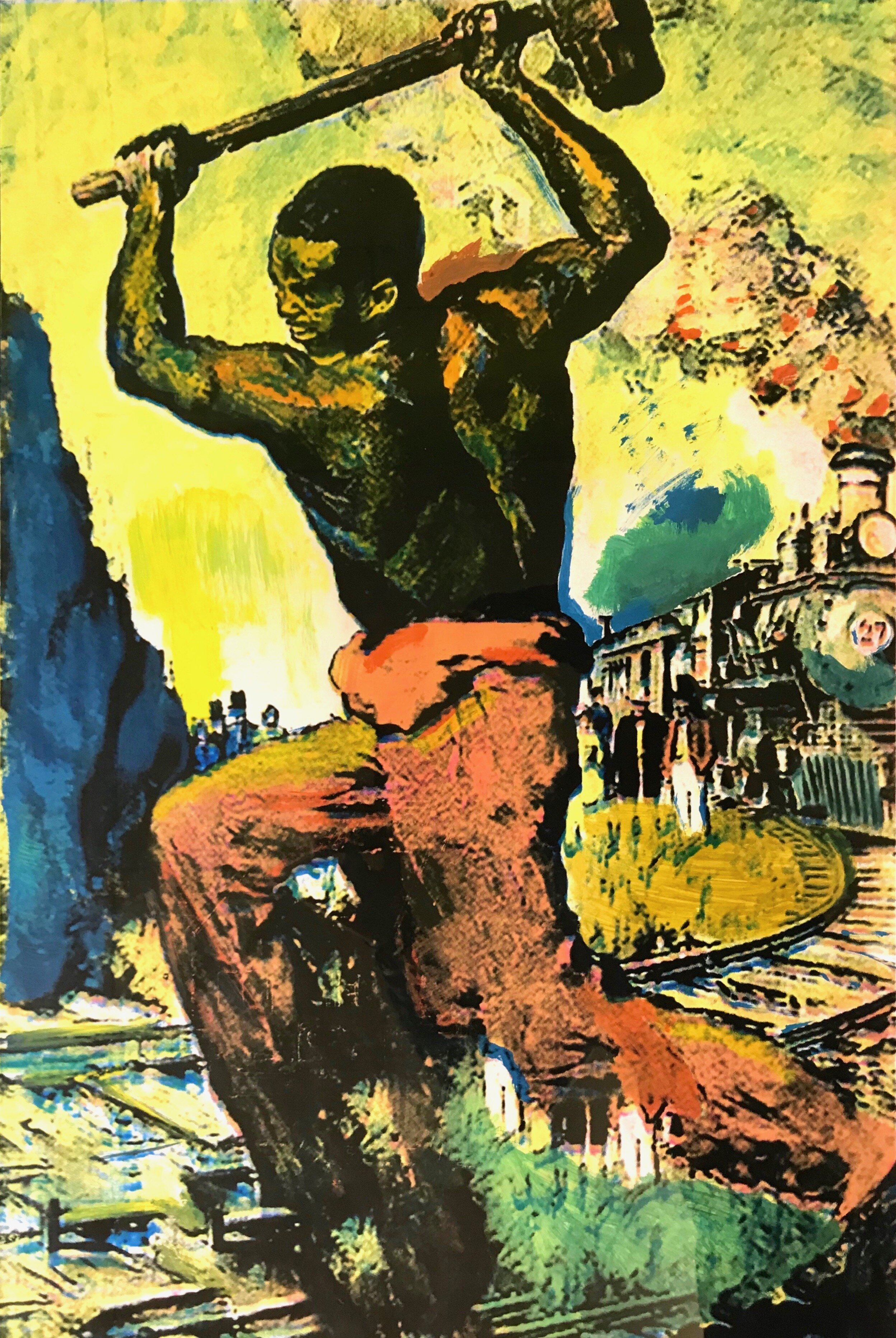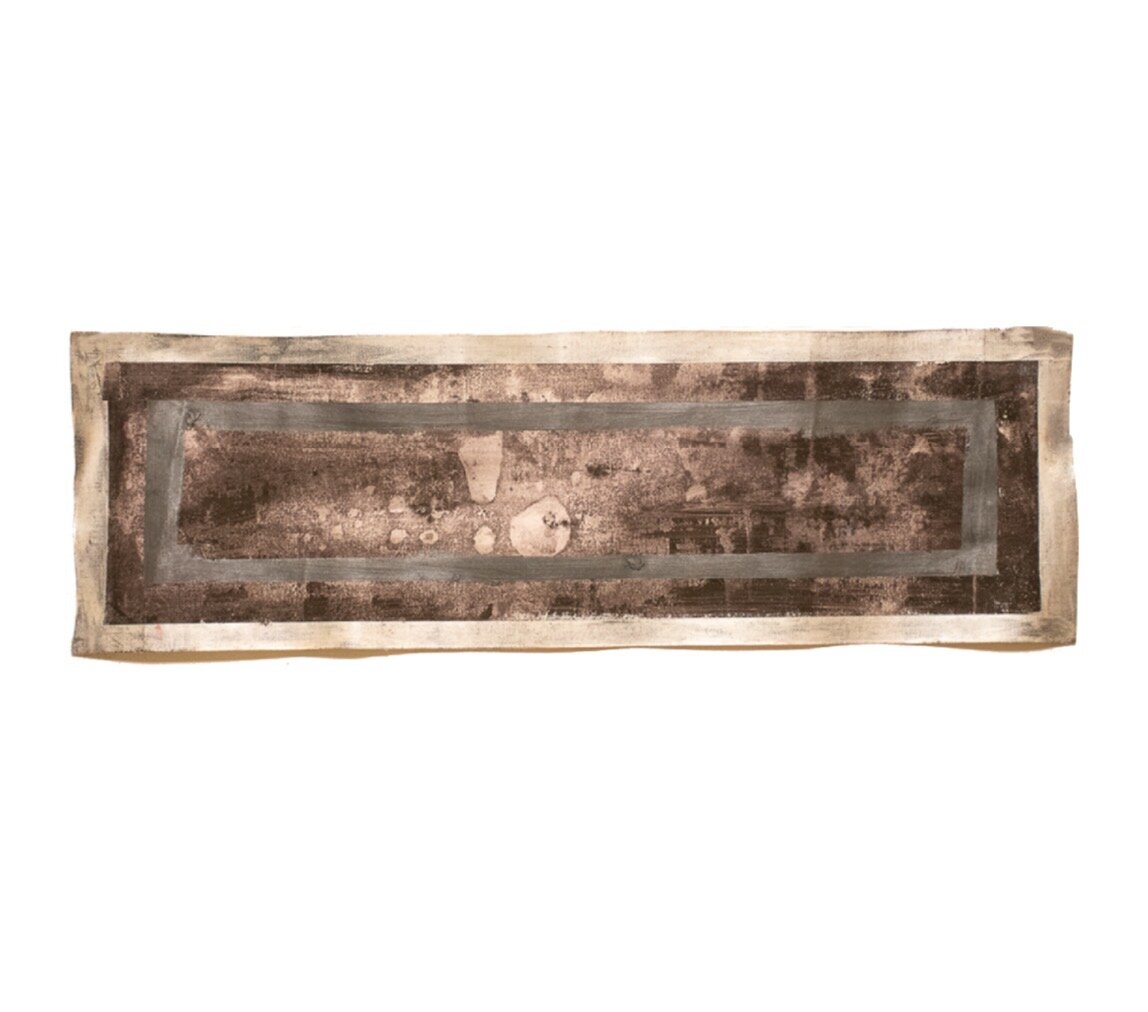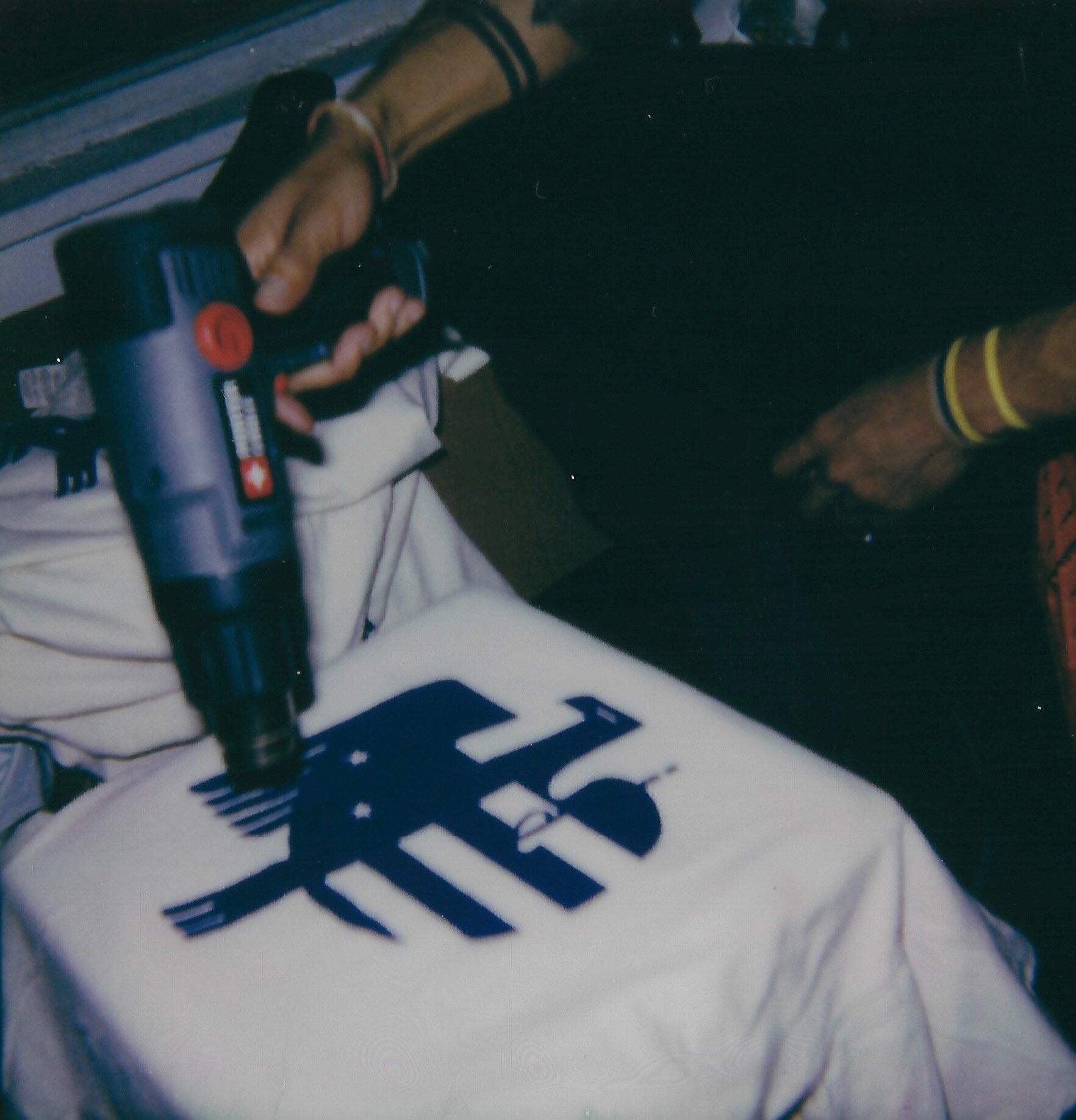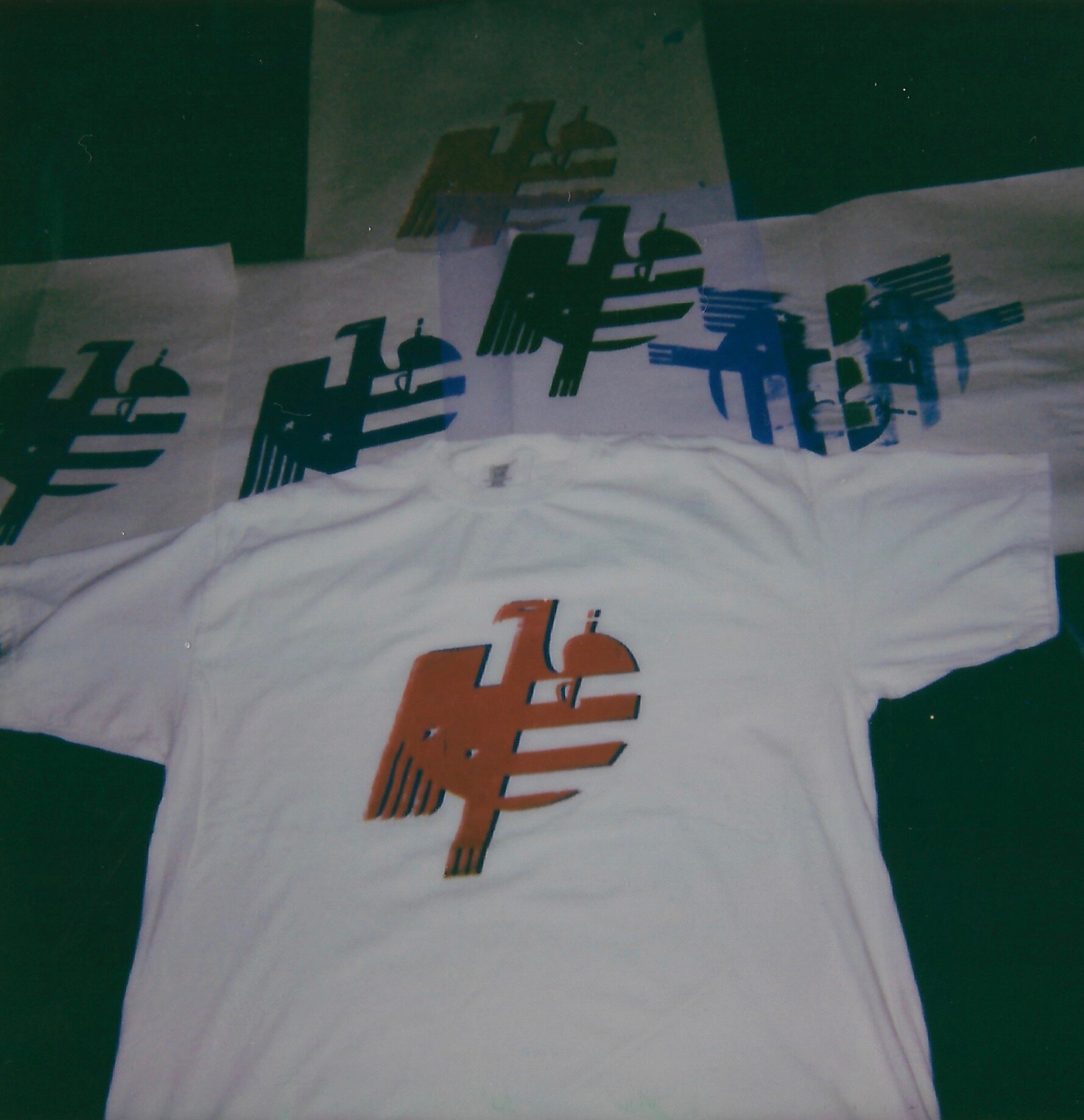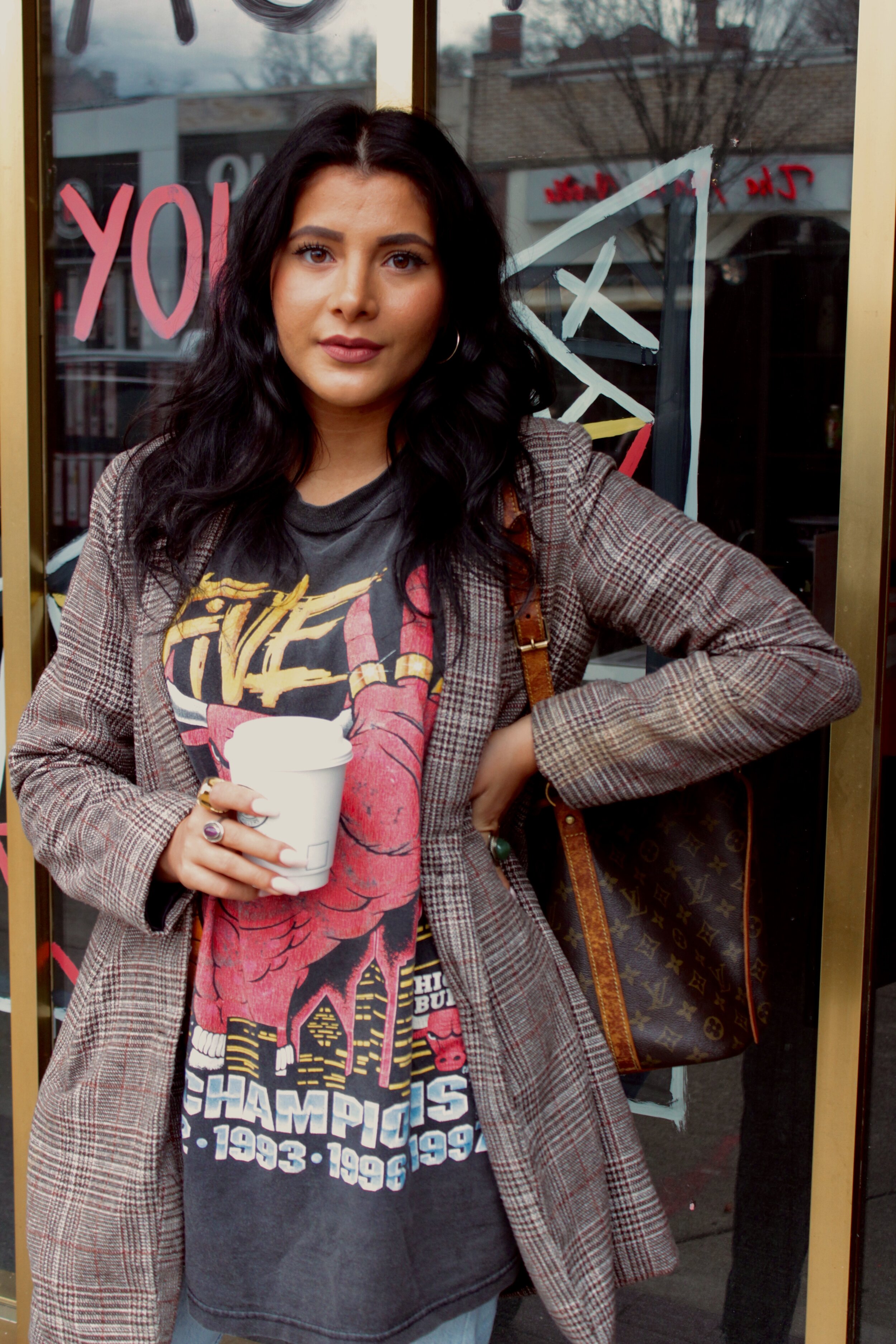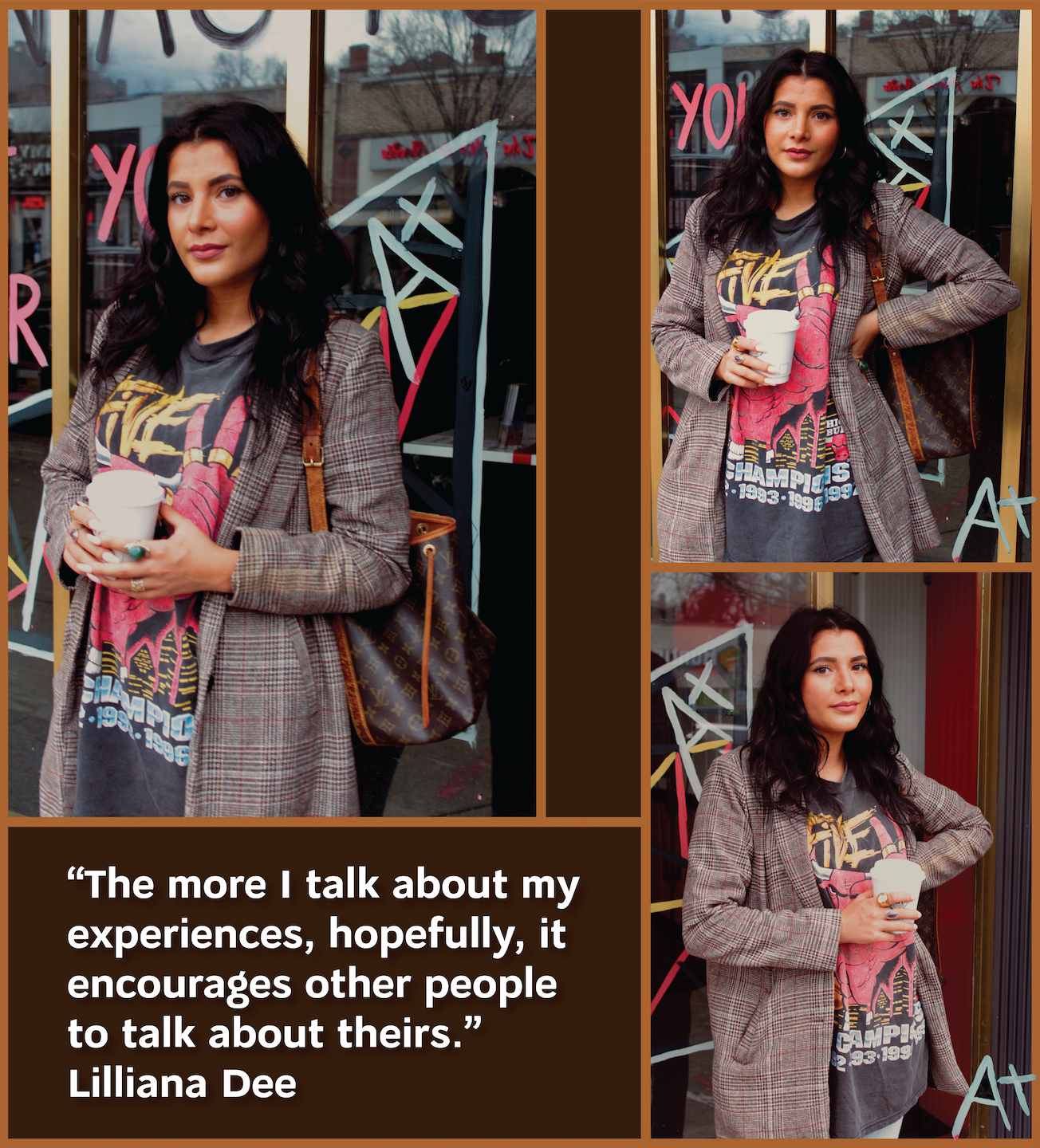Interview occurred January 9, 2020
ITR: You allow yourself to be pretty vulnerable in your ASMR videos and your book. How do you become comfortable being vulnerable?
Lily: I think society adds a stigma to being vulnerable because I think that you’re accepting sadness, you’re accepting anxiety, you’re accepting that your life isn’t as perfect as it looks on social media. Being a young white woman who has a lot of young women looking up to me, like 80% of my audience is women, a lot of people don’t think that. A lot of people think that ASMR is heavily sexualized and that all these guys are sitting back jacking it to my videos. I’m sure there’s one or two that probably do. I’m not going to deny it. I’ve gotten some weird emails.
ITR: I bet.
Lily: My audience is for young women. I think that creating a community of vulnerability allows for more humanity to grow. You know? It’s not interesting for everything to be so picturesque and picture perfect. To me it’s not so much as being vulnerable, but it’s just being myself and my life isn’t pretty most of the time despite what Instagram conditions us to think. It is being vulnerable, but I think it’s just telling the sides of life people aren’t so forthcoming about.
ITR: There’s a lot of power in that feeling whether you want to call it being vulnerable or being yourself or being confident. Not everybody is willing to show every side of themselves in every situation. I know I’m not. But you seem to do that. When you write a book, you choose what you want to share with the reader and you're not afraid of sharing certain parts of your life. Like you tell the story about how you pissed in your Timbs the morning after a drunken college party.
Lily: Yes, yes, yes, I did pee in my Timberland boots [laughs].
ITR: That was one of the first passages I read. I was just like wow… okay.
Lily: [Laughs]
ITR: No, but everybody has stories like that even me. I could tell you something equally as sordid, but I won’t.
Lily: Everybody… Wait how was that… you just like picked a chapter?
ITR: Yeah, I like how you used the poems to break up your stories. I didn’t have to read it linearly front to back. How does the composition of the book come about? How did you decide how it was going to look?
Lily: The actual font and style of it I had someone do. I always wanted it to be poem, piece, picture. I wanted it to be broken up that way. I think it’s easier on the eyes. It was meant to be a coffee table book. It ended up I just had more to say.
ITR: Are you going to write another book?
Lily: I don’t know. I’ve been asked that a lot. I think I’m not close to it. I think if I wrote a book, it’s probably fiction next. I wrote about myself already now I want to do everything else.
ITR: Your book is very romantic.
Lily: Yeah, it is. I don’t really write about if I’m having a really great day. I’m usually too busy living it. I’m not taking pictures of it. I’m not telling my friends about it. I’m in it. I’m having a great time, and I’m keeping those moments to myself. But, I usually use writing as an expression when I’m really going through it, and there’s some heartbreaking shit usually you know and love is one of them. I touched on romance, but it’s like the trials and tribulations of love. I’m really young, but I’ve had lots of loves in my life both as passions and men and dreams and things that I wanted of my life that maybe didn’t happen. Everything happened for a reason and it has made me who I am today for which of course I am thankful.
[Lily notes Benji.’s music on the playlist interrupting our conversation.]
Sorry [laughs]. I guess I wouldn’t consider my book romantic. I thought it was more like an ode to sorrow because when I wrote about it I was sad.
ITR: I feel sorrow. But there are sunshine points where you are hopeful. You wrote that you still have more love to give despite being hurt. I find that to be hopelessly romantic, or I see your courage to still love no matter what. How do you withstand heartbreak like that?
Lily: Well, because I’ve been heartbroken by people and they’ve not been open with me and they’ve been like, “Ah, I’ve been hurt before. I’m not going to love you the way that I loved my ex because she broke my heart,” or whatever. I always thought that was such a shitty excuse because you’re going to close yourself to something so great as intimacy and opening yourself up to another human being because you’re fearful of being hurt. Obviously no one wants to get hurt, but I think human connection is one of the most valuable things we have on this planet, so why would I deprive myself of that for fear of something else. I think a lot of it is fearlessness that I think that I have and I try to maintain my honesty. I’m not going to give someone half-assed love or half-assed emotions because I’m scared of something. That’s not me. Maybe that makes me stupid [laughs].
ITR: No. You get out what you put in. If you are going to half-ass your relationship, that’s what you’ll get out of it.
Lily: Exactly. It’s all love always.
ITR: What’s one of your biggest pet peeves in a relationship?
Lily: One of my biggest pet peeves in a relationship… oh, that’s a good question. I could say something vague like dishonesty, but I feel like it’s not someone lying— it’s someone scared of telling you something because they don’t want to hurt your feelings. I was talking about this with someone earlier. Yeah, we all fear about hurting someone’s feelings, but there’s so many words in the human language. You don’t have to hurt someone’s feelings. You can phrase it a way to make them understand. If you’re looking at it from a place of, “I’m scared I’m gonna hurt them,” it’s because you kinda might want to because of the way that you feel.
ITR: I really like interviewing because everybody says something that applies to me and my life…
[Lily’s octopus balls (Takoyaki) arrive while we speak at Umami, a red lit sushi spot and bar situated in Lawrencevile. She urges me to try her food. “I’m not that hungry so please have some of these. They’re very good. I’m like a big sharer you know,” she said. I’m reluctant, but my open mind carries me to taste. The pair of dudes next to us butt in our meal conversation fascinated with Lily’s octopus balls.]
Lily: It’s a strange dish I will say that. But you were saying you like to interview people…
ITR: Yeah, they always say something relevant to me in my life and shit I’m going through.
Lily: Are you dealing with hurting people’s feelings?
ITR: [Disappointingly nods]
Lily: [Laughs] Man… How are you coping with that now?
ITR: Shopping and just not doing that shit anymore.
Lily: Boundaries and sharing accountability. Those are my two things for 2020. That’s usually my outlet— retail therapy. And then like $750 later you’re like, “Damn I was really sad!”
ITR: I wanted to talk about something you wrote: “I always change myself, like a never-ending caterpillar to butterfly metamorphosis.” The last relationship I was in I changed myself a lot. I used to think your significant other should love all of you as is— take the good and the bad.
Lily: I recently read a study that looked at individuals who had a bubbly personality and if they went into a workplace that was very serious, they always thought they could liven it up. Well, it doesn’t work that way. Whoever has the authority rubs off on the individual. They use that as an example with narcissists. You think you can change a narcissist, but those people are so set in their ways because of the feelings they have of themselves that they end up changing you to be more like them. So, I always think did I change for somebody or did they just have a personality that was more dominant.
ITR: How was work today?
Lily: It was good. We had our employee kickoff. We are a humongous publicly traded company and for some reason we couldn’t figure out our Zoom for presentation. We have over 70% of the Fortune 500 companies as our clients, and we couldn’t figure out how to get a constant streaming connection [laughs].
ITR: I saw you recently got a promotion?
Lily: I used to only do the digital advertising for one product line, and now I manage all the product lines we have, so I do all the paid media for our entire company. Anything that you see online about our company I did it.
ITR: You guys do cybersecurity?
Lily: Cybersecurity, yep. We provide email protection and security awareness training. Our product suite would floor you. It’s definitely fulfilling to know what I do is protecting U.S. citizens from cyberattacks and shit like that. I don’t talk about my day job very much.
ITR: You have to find the balance juggling a nine-to-five and your other interests. How did you find that balance? I mean you also wrote a book and you have a YouTube channel where you maintain 283,000 subscribers.
Lily: I read an article once that was talking about this man who ran this 100 million dollar company. He was a multi-millionaire, he was busy all the time, but he had no time for his kids. He was like, “I need to find a balance.” He basically took a pay cut to dedicate more time to his family because that’s what he found to value. That was the article that told me you can’t have it all. They say you can have it all. You can’t. There’s no possible way. We are conditioned to think we can do anything if we set our mind to it. We can’t have it all. Even when I thought I was on top of everything, something always fell through and something always does. There’s only so many hours in a day. For whatever reason, there’s people who make it seem like they don’t sleep, but I’m in the business of sleep and I like to get it. So, shit… When I was writing my book, my YouTube channel 100% suffered. Definitely was not uploading with as much regularity. You’re going to prioritize the things that matter to you. It wasn’t a diss to my subscribers. But, I was going through some shit, so writing that book was cathartic for me and I had to get my ducks in a row before I had my creative talents translate to YouTube. I play a character sometimes on YouTube in various videos, but I always try to be myself through and through because once you wear too many hats it gets complicated. I was reading an interview about Nelly Furtado. She used to be popping back in the day until she fell the fuck off and no one knew why. She did an interview and she said that she got conditioned to put on a show. She just had to play this part of being Nelly Furtado around her family and her friends. She’s like, “I’m that on TV.” With me, the YouTube me you’re going to find, but I’m just whispering. The me in the book… shit pages from my journal are in that book.
ITR: What does your journal look like?
Lily: Oh my god. This is so fucking corny. I don’t think in paragraphs. My whole journal is just text. It’s not necessarily stream of consciousness, but it’s not formatted.
ITR: You know that popular culture says when people write like that it’s the mark of a sociopath.
Lily: Really? I never heard that.
ITR: Yeah.
Lily: Yup, that’s what my journals look like. Just a whole bunch of text. It’s usually just about getting it out.
ITR: I want to go back to when you said you can’t have it all, but what do you want?
Lily: I think I’m still figuring that out. I guess relatability. We don’t value sadness in our society. I play this video game called “We Happy Few” that opened up people’s eyes and said that we don’t value sadness. So, in the video game you pop this pill called joy and everything is colorful everything is great. We’re in such a self-medicating society. If you’re sad, take a pill for it. Oh, you’re anxious? Take a pill for it. Oh, you’re going through something? Drink about it. Smoke about it. Whatever it is. I do think there’s something cathartic about having a drink after work or smoking a blunt after work of course, but our society does not value natural human emotion. They make it seem like it’s not okay to feel heartache or sadness, so I’m trying to say no one is perfect get that out of your head. I think the more I talk about my experiences hopefully it encourages other people to talk about theirs. But also to accept or acknowledge that it’s not unusual. They’re not alone in what they feel. Even though I didn’t go through the exact same situation, I probably felt the same chemical emotions they felt.
ITR: Talk about your poems like “Please Don’t Settle”?
Lily: I get lines stuck in my head and I usually put them in my phone. Half those poems were one liners and that’s all I had to say. Less is more I’m trying to learn that.







